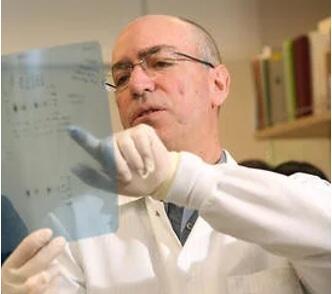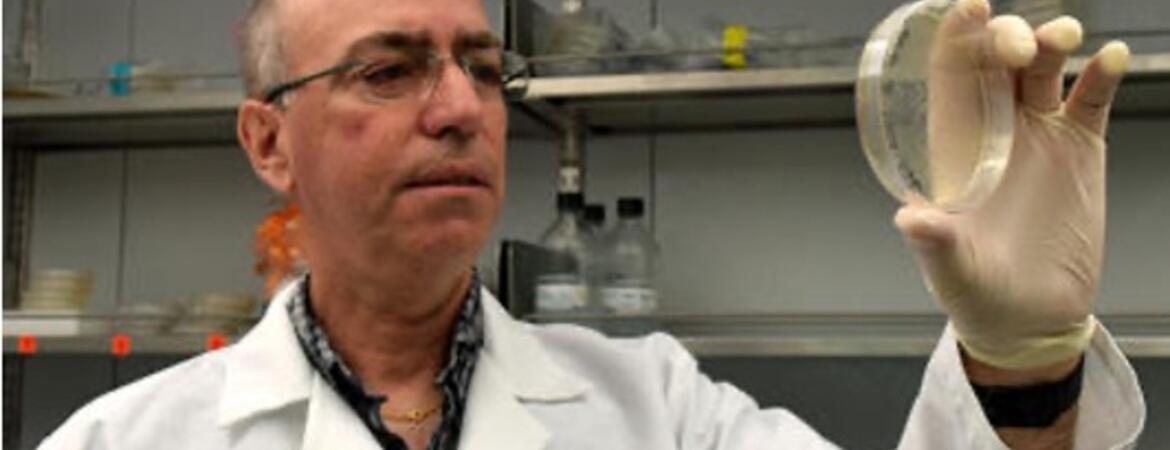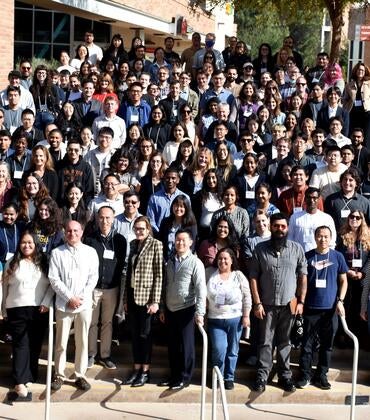A UC Riverside-led study focusing on an oncoprotein called MYC has discovered a new MYC signaling mechanism that is deregulated in cancer cells. This mechanism, called MYC lysine-acetylation, activates specific genes that make mammary cells malignant and drives the tumor-promoting functions of MYC, including the ability of cancer cells to survive and proliferate even without attaching to a basal substrate.

“This attachment-independent growth and survival of cancer cells is what makes the primary tumor cells metastasize and colonize new tissues,” said Ernest Martinez, a professor of biochemistry, who led the study that appears as an advance online article in the journal Genes & Development.
MYC is important in normal growing cells and tissues in which its expression is tightly controlled. Its overexpression can drive malignant transformation of various cell types, making it a promising target for anti-cancer therapy.
Aberrant overexpression of MYC, as seen in cancer, enhances its “acetylation” by cellular enzymes, a reaction that introduces an acetyl functional group at specific chemical residues (lysine residues) in proteins. In cells, acetylation induces and enhances gene expression in general.
“In this study, we identified MYC acetylation-dependent signaling pathways and gene-specific mechanisms that are relevant to breast cancer,” he said. “They could offer new opportunities for selective therapeutic targeting of MYC oncogenic activities.”
Martinez was joined in the study by Matthew Hurd, Jeffrey Pino, Kay Jang, Michael Allevato, Marina Vorontchikhina, Wataru Ichikawa, Yifan Zhao, Ryan Gates, Emily Villalpando, Michael J. Hamilton, Francesco Faiola, Songqin Pan, Yue Qi, Yu-Wen Hung, Thomas Girke, David K. Ann, and Victoria Seewaldt.
The title of the research paper is “MYC acetylated lysine residues drive oncogenic cell transformation and regulate select genetic programs for cell adhesion-independent growth and survival.”




